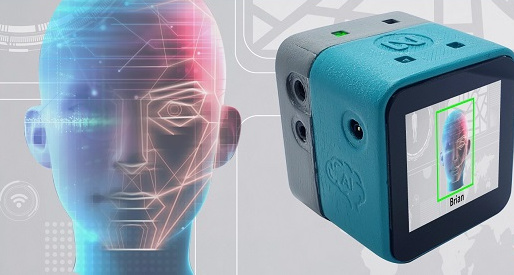
Blockchain technology has emerged as a transformative force across various industries, including the Internet of Things (IoT). Its potential to enhance business processes and facilitate secure, transparent transactions is undeniable. However, successful implementation requires careful consideration of several key factors. In this article, we delve into the importance of collaboration, learning from past attempts, and the crucial questions to ask when integrating blockchain into IoT projects. 1. Are we ready to give up control? One of the fundamental challenges in blockchain projects is the reluctance to relinquish control. Traditional centralized systems grant organizations complete authority, but the beauty of blockchain lies in its decentralized nature. Embracing this new paradigm can be a daunting task, but it's essential for harnessing the full potential of the blockchain ecosystem. 2. Will this blockchain project return value for all organizations? Ensuring that every participant in a blockchain network derives value is paramount. A partner-centric design and a well-structured ecosystem incentive model are critical for the project's success. Blockchain's true power is unleashed when all stakeholders benefit from their involvement. 3. Have we learned all we can from the past? Learning from past attempts and failures is crucial for the success of blockchain projects. Repeating the mistakes of previous endeavors due to ignorance can be costly. Comprehensive research and analysis of past blockchain implementations can provide invaluable insights. 4. Collaboration is Key Collaboration with other industry players is often underestimated. Building extensive blockchain networks that involve multiple stakeholders can lead to more robust and versatile solutions. In a collaborative ecosystem, innovation flourishes, benefiting all parties involved. 5. Evaluating the Impact Before embarking on a blockchain project, it's vital to assess how its deployment will solve a particular problem or achieve a specific goal. Understanding the potential impact is essential for justifying the investment of time and resources. 6. Connecting with Efficiency in Mind Blockchain can be a powerful tool for connecting with other segments of your market to find efficiencies. Its transparency and trustworthiness can streamline processes and reduce friction, enhancing overall efficiency. 7. The Crucial Need for Blockchain Understanding why blockchain is indispensable for a particular use case is essential. Not every scenario requires blockchain technology, so identifying its unique value proposition in your project is key. 8. Motivating Stakeholders Returning value to stakeholders is a primary motivation for participation in blockchain projects. Ensuring that participants are adequately rewarded for their involvement is critical for long-term success. 9. The Potential for Disruption Blockchain adoption can disrupt traditional purchasing processes. Understanding how this disruption may impact your industry and organization is essential for planning and adaptation. 10. Early Understanding and Hypothesis Testing Gaining an early understanding of blockchain's potential advantages is advantageous as its adoption progresses. Hypothesis testing and iterative development can help fine-tune your blockchain strategy over time. Incorporating blockchain into IoT projects holds immense promise, but it also presents complex challenges. By addressing these considerations and fostering collaboration, organizations can harness the transformative power of blockchain to enhance their IoT initiatives and drive innovation across industries.
Tweet this page"Shine your light Pursue the remarkable and deliver the exquisite" Blokiot.com ©